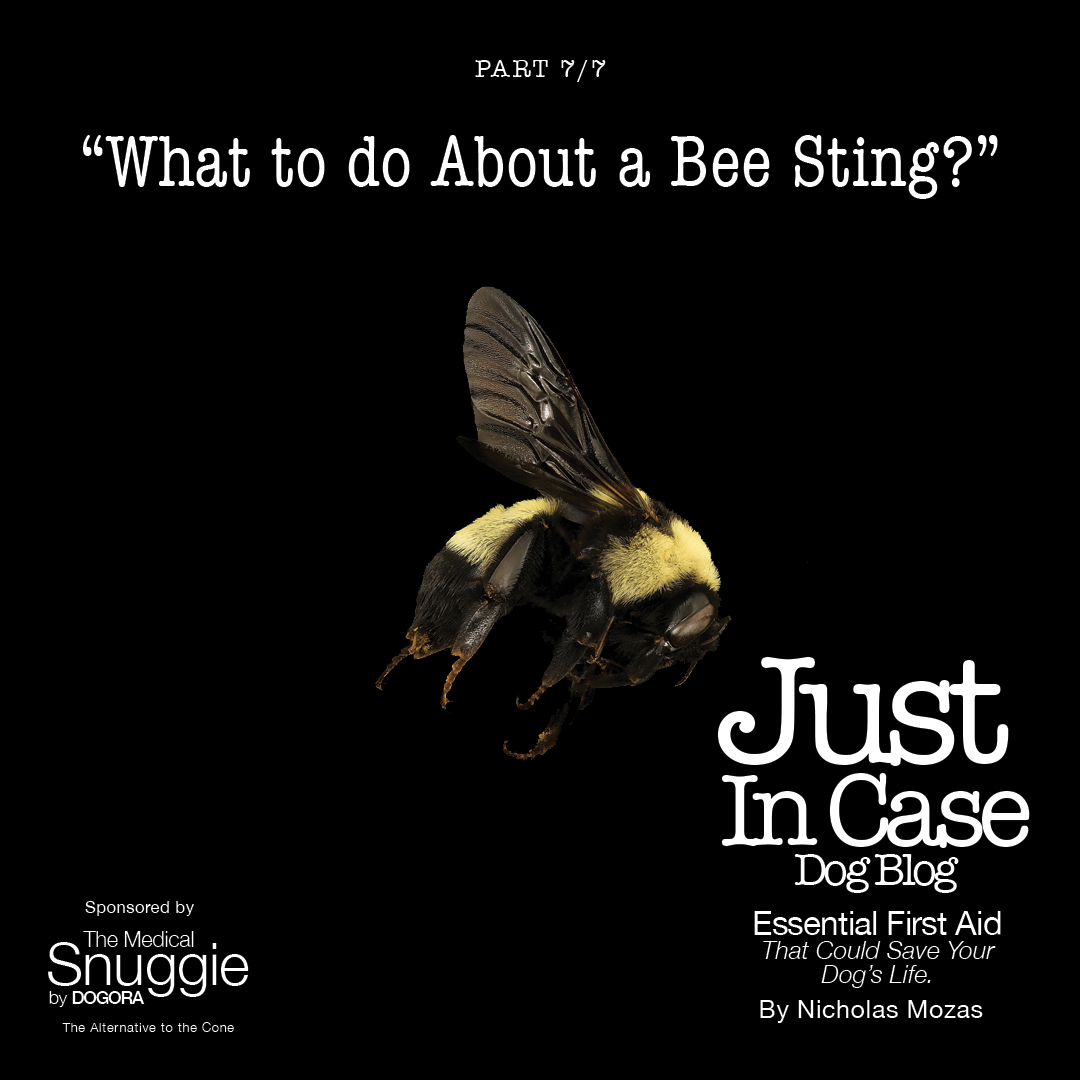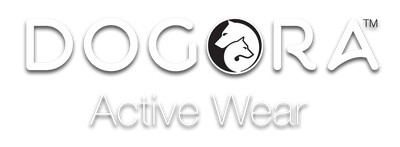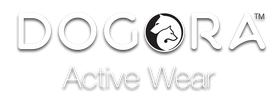What to do About a Bee Sting?

All our dogs are amused by little critters and possibly think it’s a game of catch. Bee and wasp stings can be painful and shocking for your dog. A dog will experience similar symptoms as we would after being stung:
"Pain, Swelling, Redness and Inflammation"
Steps to follow after a bee/wasp stings your dog:
- Carefully remove the stinger with tweezers.
- Apply a paste blend of baking soda and water to sting area.
- Apply an ice pack to relieve swelling and pain.
- Call your Vet to see if your dog needs an antihistamine based on his/her reactions to the sting.
- Give your dog fresh water. Symptoms should diminish within 20 minutes.
If your dog happens to be stung around or on their head, observe for several hours to make sure swelling does not interfere with their breathing and swallowing. If you notice swelling dramatically increases or if your dog was attacked by an entire hive, seek immediate veterinarian care as massive amounts of stings can result in shock and circulatory collapse.
We all strive to be the best pet parents we can be. Our lives with our dogs are a never-ending conscious and unconscious journey of love, experiences, joys and tears. We are constantly learning and growing our bonds.
While taking good care of your dog can decrease the risks of something happening, there are always things that can and do happen. It’s important to be aware of how we can help in any given scenario, along with looking into insurance plans from when our dogs are puppies. There are many to choose from and your Veterinarian would be more than happy to discuss/suggest a company that works well with their clinic. It’s a simple monthly investment that can save you thousands when visiting the emergency room for a needed surgery, x-ray, examination, or simple stitches.
Otherwise, it’s always a great idea to have a piggy bank designated for your pup and contribute to it on a bi-weekly or monthly basis.
Nicholas Mozas is Founder and CEO of DOGORA. He is a graduate of the University of Guelph in Biological Science and holds an M.Sc. in Neutragenomics. Nicholas managed an Animal Hospital after graduation, gaining a better understanding of pets’ and owners’ needs. Find out more at www.dogora.ca.
Feel free to forward this blog post to your dog owner friends to enjoy!

